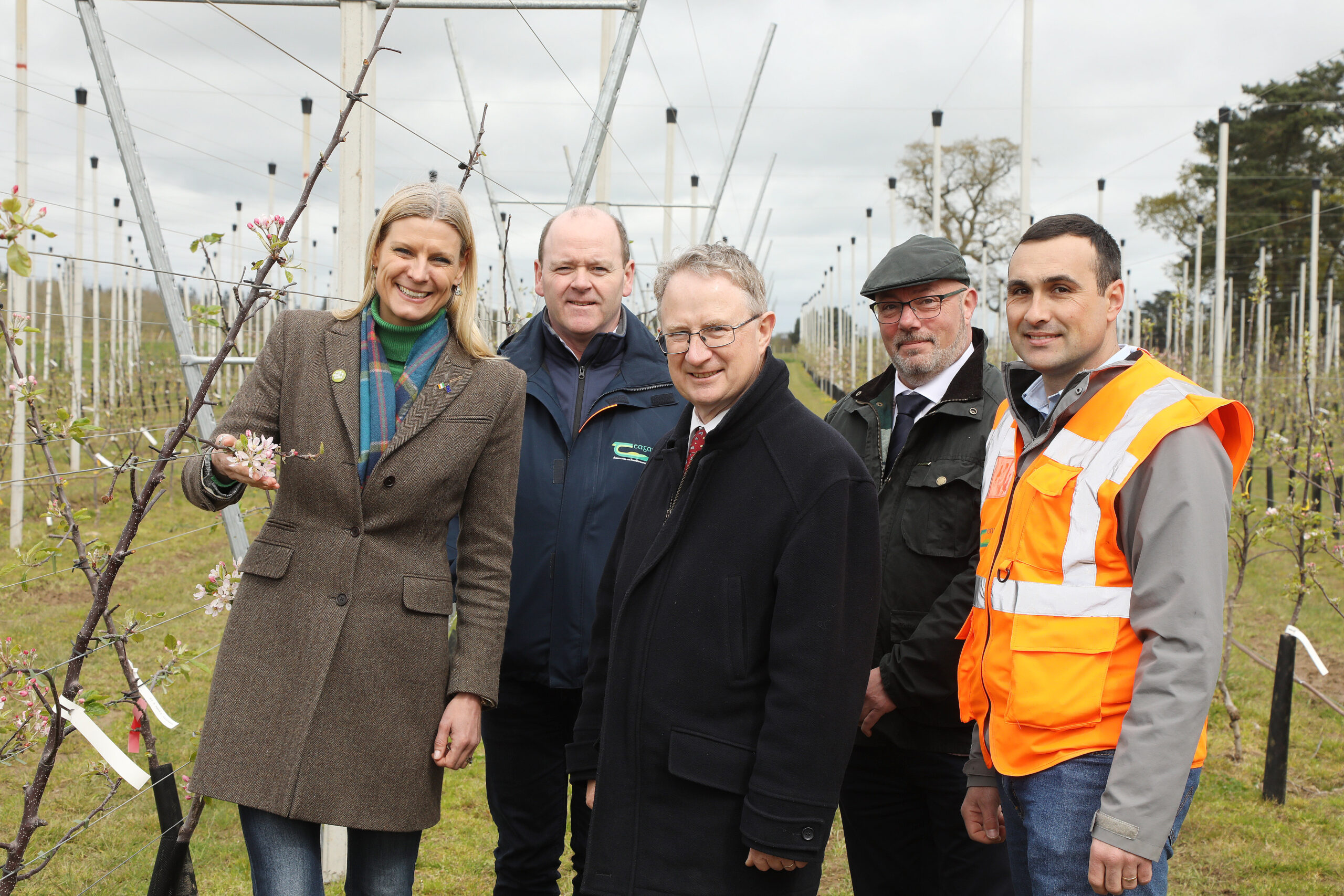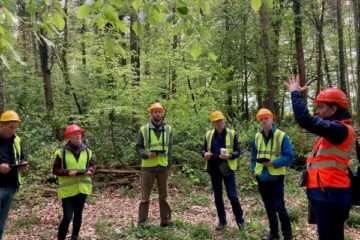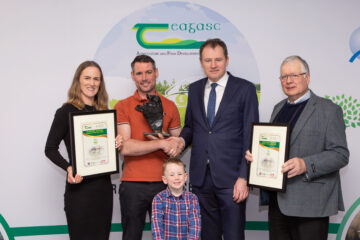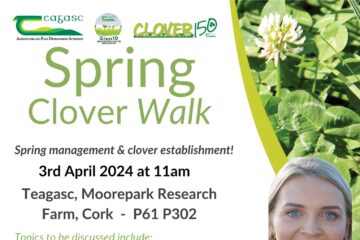The first Apple Research Update at Teagasc Oak Park involving industry stakeholders marked a pivotal moment for Ireland’s apple industry, offering a comprehensive overview of advancements and future directions in applied research since the programme’s inception in August 2022.
The event commenced with a warm welcome from Teagasc Director, Professor Frank O’Mara, who set the stage for the day’s discussions, highlighting the programme’s achievements and its significance in terms of delivering on actions in the Department of Agriculture, Food and Marine (DAFM) Horticulture Strategy. Following this, Minister of State for Land Use and Biodiversity in the Department of Agriculture, Food and the Marine, Pippa Hackett, emphasised the crucial role of apples within the Irish context, underlining their economic and environmental contributions.
Dermot Callaghan, Head of Teagasc’s Horticulture Development Department, delivered a compelling overview of the potential for more Irish apple production. Stressing the importance of collaborative efforts across the supply chain, he emphasised the need for significant investment in modern apple production systems. He outlined a strategic timeline aimed at addressing key agronomy questions, accelerating production protocols, and enhancing market proposition and branding in the years to come.
The first part of the event saw Alberto Ramos Luz, Teagasc’s Fruit Research Officer, delve into the intricacies of the Teagasc funded applied research programme in apple cultivation. Alberto Ramos Luz presented ongoing research initiatives such as the Smart Apple project, followed by ATU/Teagasc PhD student Jean do Prado, which evaluates fruit quality across different apple tree genotypes. Alberto Ramos Luz also shed light on projects like Efficient Orchard, focusing on agronomic behaviour within various production systems, and the Irish Apple Scab project, dedicated to studying one of the primary diseases affecting apple trees in Ireland and globally presented by the Teagasc Plant Pathologist Research Officer, Steven Kildea.
The event’s second segment offered participants a hands-on experience through an orchard walk. Attendees witnessed the development of apple trees under different training systems, including high-density plantings and innovative two-dimensional training systems. Noteworthy was the presentation of the V-trellis system, renowned for its productivity potential exceeding 100 tonnes per hectare, and the 2-dimensional systems for its promise of reducing labour costs through mechanisation and high productivity and fruit quality.
Con Traas, President of the Irish Apple Growers Association, expressed his heartfelt appreciation to Teagasc and all participants for their invaluable contributions and unwavering support toward advancing apple research at Teagasc.
(Source: Teagasc)



